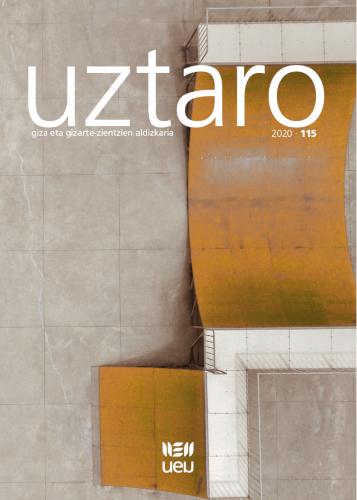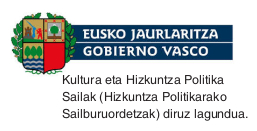«We haven’t been taught to love it». Azpeitia, hika and gender gap
DOI:
https://doi.org/10.26876/uztaro.115.2020.6Keywords:
Hika, Noka, Gender, Form of address, Allocutive verb formsAbstract
There is a considerable difference in the use of the Basque informal form of address hika depending on the gender of both the speaker and the hearer: the overall trend is that women use hika and are addressed in hika to a lesser extent, and it is in man to man communication where it prevails. In this study we examine the use of hika in the town of Azpeitia. We collected the responses of 1,247 participants via questionnaire. According to the data we gathered, although hika remains strong in Azpeitia, we observed the same pattern, as there are large differences depending on age and gender. Adult participants explained the possible answers to that issue in the questionnaire. The structural sexism in our society seems to be the main key, since several factors stemming from it play a strong influence in language use.
Downloads
License
Copyright (c) 2020 Uztaro

This work is licensed under a Creative Commons Attribution-NonCommercial-ShareAlike 4.0 International License.




















